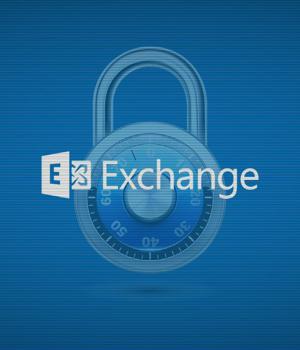Security News > 2021 > August > Microsoft Exchange servers being hacked by new LockFile ransomware

A new ransomware gang known as LockFile encrypts Windows domains after hacking into Microsoft Exchange servers using the recently disclosed ProxyShell vulnerabilities.
ProxyShell is the name of an attack consisting of three chained Microsoft Exchange vulnerabilities that result in unauthenticated, remote code execution.
As reported last week by BleepingComputer, this has led to threat actors actively scanning for and hacking Microsoft Exchange servers using the ProxyShell vulnerabilities.
Security researcher Kevin Beaumont reports that a new ransomware operation known as LockFile uses the Microsoft Exchange ProxyShell and the Windows PetitPotam vulnerabilities to take over Windows domains and encrypt devices.
As the LockFile operation uses both the Microsoft Exchange ProxyShell vulnerabilities and the Windows PetitPotam NTLM Relay vulnerability, it is imperative that Windows administrators install the latest updates.
For the ProxyShell vulnerabilities, you can install the latest Microsoft Exchange cumulative updates to patch the vulnerabilities.
News URL
Related news
- Microsoft's End of Support for Exchange 2016 and 2019: What IT Teams Must Do Now (source)
- Microsoft Teams tactics, malware connect Black Basta, Cactus ransomware (source)
- US seizes domain of Garantex crypto exchange used by ransomware gangs (source)
- International cops seize ransomware crooks' favorite Russian crypto exchange (source)
- Like whitebox servers, rent-a-crew crime 'affiliates' have commoditized ransomware (source)
- Microsoft: North Korean hackers join Qilin ransomware gang (source)
- Microsoft Exchange Online outage affects Outlook web users (source)
- Microsoft: Exchange Online bug mistakenly quarantines user emails (source)
- RedCurl cyberspies create ransomware to encrypt Hyper-V servers (source)
- Hijacked Microsoft web domain injects spam into SharePoint servers (source)